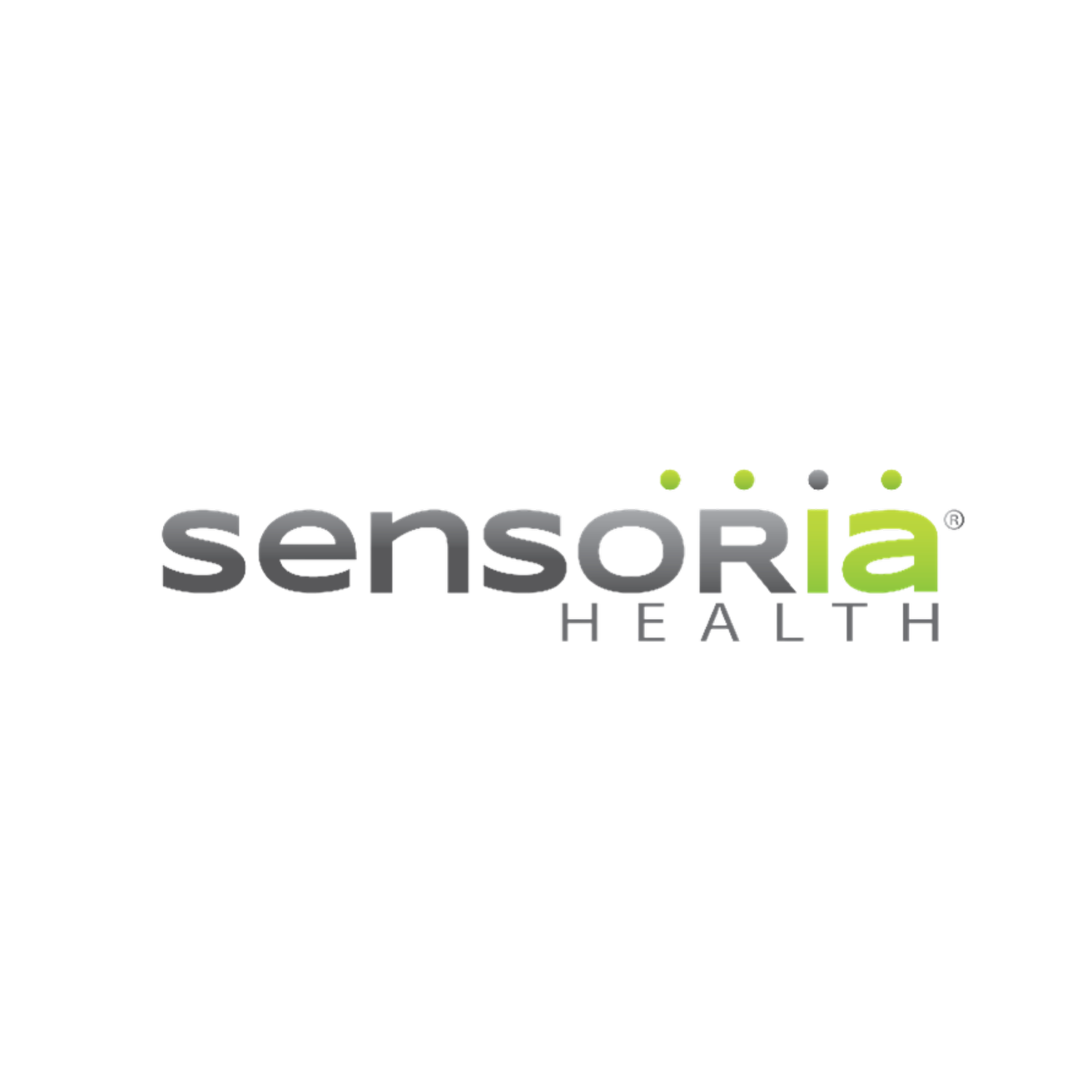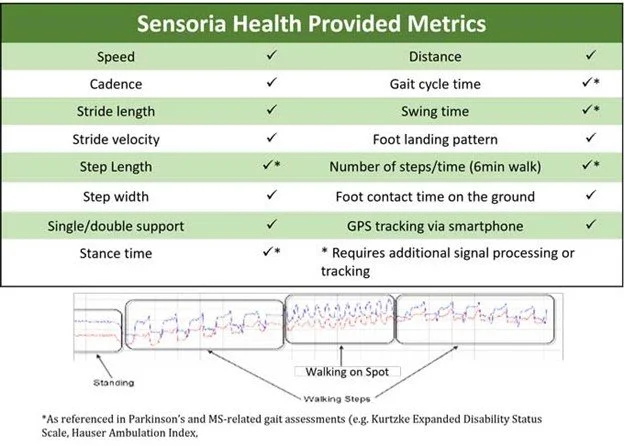New Horizons in Gait Monitoring for People Living with Progressive Multiple Sclerosis
Introduction
Multiple Sclerosis (MS) is a common immune-mediated inflammatory and degenerative disease of the brain and spinal cord. Most patients either present with or transition into a progressive course, characterized by the gradual accumulation of disability independent of clinical relapses, which usually significantly affect their ability to walk.
Gait Monitoring in MS
Gait disability in people with progressive MS is difficult to quantify using existing clinical tools. Subtle gait and balance dysfunction is a precursor to loss of mobility in MS. Biomechanical assessments using advanced gait and balance analysis technologies can identify these subtle changes and could be used to predict mobility loss early in the disease.
Common factors contributing to gait disability:
Spasticity: Muscle tightness or spasticity can interfere with gait.
Balance Issues: Balance problems often result in an unsteady gait known as ataxia.
Sensory Deficits: Some individuals with MS experience severe numbness in their feet, affecting their ability to feel the floor or know where their feet are (referred to as sensory ataxia).
Fatigue: Increased fatigue can exacerbate gait problems.
Weakness: Leg muscle weakness can alter the normal walking stride, leading to pain and further difficulties.
Studies indicate that 50-70% of people with MS report falls within the past 2-6 months. Approximately 30% of those individuals experience multiple falls, resulting in injuries. Risk factors for falls include poor balance, slowed walking, reduced proprioception (awareness of body parts in space), incorrect use of assistive devices, and certain medications affecting the nervous system.
Remember, addressing gait disability is critical for maintaining mobility, independence, and safety in individuals with MS.
Sensoria Socks as detailed at Sensoria Health represent a potentially significant innovation in the field of remote patient monitoring. By integrating textile and pressure sensors into socks or shoes, Sensoria's IoMe (Internet of Me) wearables are designed to gather data on the physical activities of patients with gait impairments.
For those with MS who experience mobility impairments, Sensoria smart socks may offer an opportunity to address key clinical evaluation needs. Indeed, continuously monitoring gait patterns may allow care providers and patients to track changes over time and more rapidly identify irregularities in physical function. To this end, Sensoria is partnering with key research collaborators to explore how clinical applications of Sensoria smart socks may enhance care for individuals living with MS through the provision of real-time gait analysis and patient-centered feedback.
Sensoria Walk App: A Companion for Gait Monitoring
The Sensoria Walk app is a significant addition to the realm of gait monitoring. It is designed from the ground up for individuals with slow or impaired gait. This app is the most accurate actigraphy solution for anyone walking slowly, making it ideal for people suffering from gait asymmetry, or those in rehab after an accident or post-surgery.
The Sensoria Walk app is the perfect companion for the Sensoria smart socks. It can also be connected to a remote patient monitoring solution to help researchers and clinicians monitor patients with lower limb amputations. The app supports multiple languages, including Italian, Romanian, and Portuguese, making it accessible to a wide range of users.
By providing a simple yet powerful tool that patients can use every day, the Sensoria Walk app supports a positive, constructive frame of mind, helping them regain mobility and function at the highest possible level.
Sensoria Walk Application


